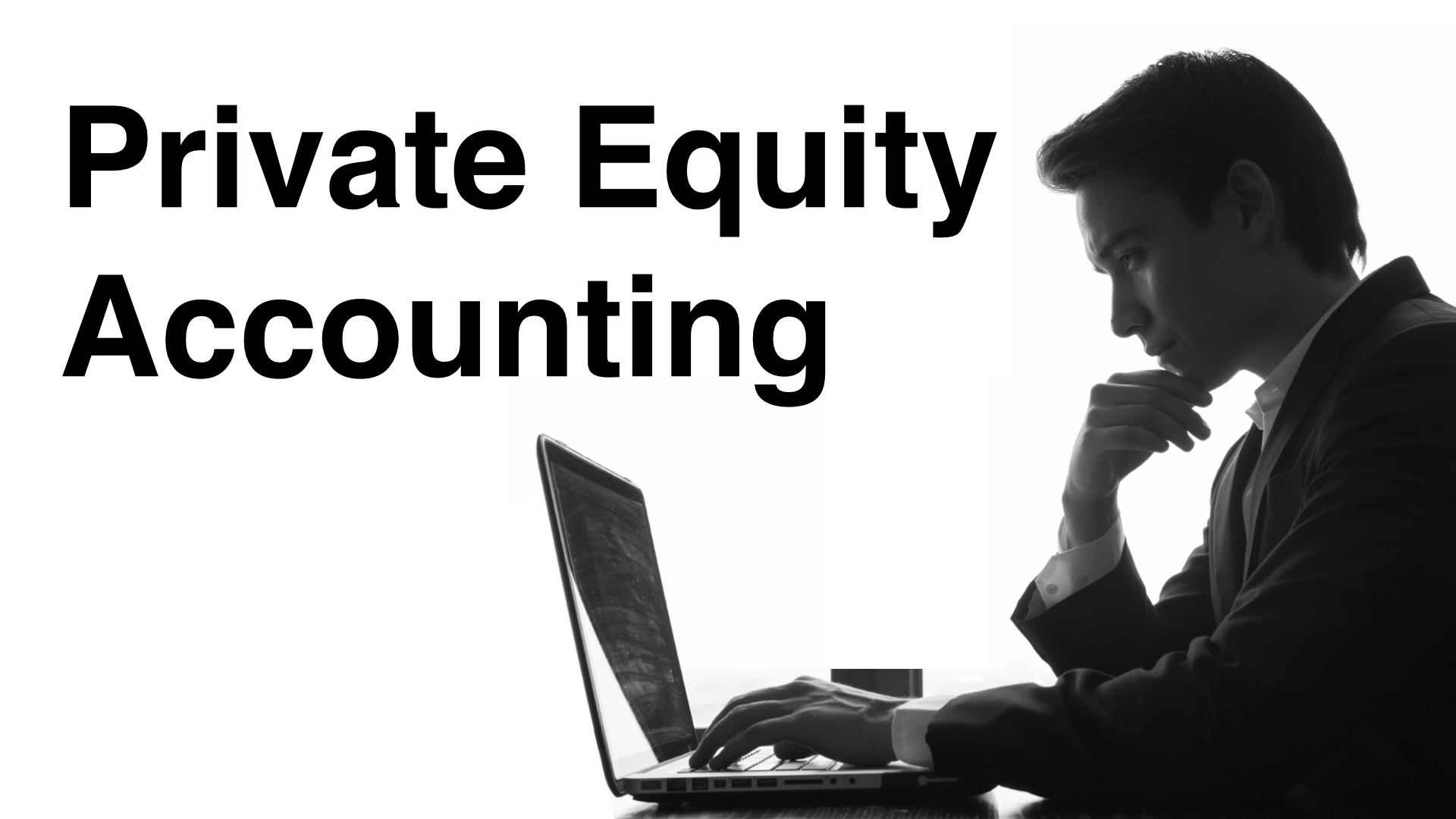Introduction to the SEC
The U. S. Securities and Exchange Commission (SEC) is a major regulatory agency within the United States federal government. Its primary function is to safeguard investors from fraud and assist in maintaining fair, organized efficiently functioning markets. It is also responsible for ensuring fair, orderly and efficient markets. SEC is also accountable to issue corporate governance guidelines as well as enforcing the compliance of these guidelines. Additionally the SEC is responsible for conducting investigations and prosecuting cases against firms and individuals that are involved in securities law violations. The SEC was established in 1934 as a response to the crash in the stock market in 1929. Since its inception, it has played an important role in encouraging investor confidence and stability in markets.
What exactly is SEC?
The Securities and Exchange Commission (SEC) is a regulatory body that is part of the Federal government. It was created by the Securities Exchange Act of 1934 The primary purpose of the SEC is to safeguard investors and to promote fairness in the markets for securities.
The SEC has many responsibilities such as establishing laws and guidelines, supervising the securities industry, as well as applying the federal laws governing securities. The SEC is also responsible for educating consumers about the dangers of fraud and other risks within the market for securities.
The SEC comprises five Commissioners chosen by the president, and accepted through the Senate. The Commissioners are appointed on staggered five-year term, and not over three commissioners could be from an identical political organization. Chairperson of the SEC is chosen by the President, from among the Commissioners.
The Chair of the SEC is Jay Clayton, who was named by the president Donald Trump in 2017.
The history of the SEC
The SEC was created in 1934 by U. S. Congress in 1934, following the Great Depression in order to safeguard investors and ensure fair trading on the market for securities. The agency is charged with overseeing the Federal securities law, overseeing the securities industry, as well as monitoring the public disclosure of information on publicly traded companies.
The SEC has played a significant role in shaping modern U.S. securities markets, as well as its decisions and actions have had an impact on the growth of finance and corporate governance. The SEC has also been active in dealing with new issues posed by the evolution of market technology and in markets including high-frequency trading, dark pool and the first coin offerings.
In the future In the near future, looking ahead, the SEC continues to adjust to the changing market conditions and the development of technology in order to safeguard investors, ensure an orderly, fair as well as efficient markets as well as help facilitate the creation of capital.
How the Structure is Designed of SEC
The SEC is comprised of five offices and divisions that include they include the Division of Corporation Finance, the Division of Enforcement, Division of Enforcement, the Division of Investment Management, the Division of Trading and Markets along with the Office of Compliance Inspections and Examinations. Each office and division is charged with carrying out specific duties that are part of SEC.
The Division of Corporation Finance is responsible for overseeing disclosures by public companies, as well as regulating the sale and offering of securities and offering guidelines on corporate governance issues. The Division of Enforcement investigates possible violations of securities laws and takes action against companies and individuals who are in violation of the laws. The Division of Investment Management regulates investment companies, investment advisers and funds for mutual investors. The Division of Trading and Markets regulates brokers-dealers, transfer agents as well as clearing agencies and exchanges. The Office of Compliance Inspections and Examinations regularly examines registered brokers-dealers, investment advisors and exchange markets, investment companies and clearing companies to ensure that they are in compliance with SEC regulations and rules.
What the SEC Functions
The SEC is responsible to regulate the securities industry and also protecting investors. The SEC has five primary duties:
1. enforcing federal securities laws;
2. Registration and licensing of brokers and securities firms;
3. Examining firms to determine if they are in the compliance with securities laws
4. Conducting an investigation when fraud or criminal activity has been identified and
5. Informing investors of the risks involved in taking a risk by investing in securities.
Enforcement Actions of the SEC
The SEC is accountable for the enforcement of Securities laws in the United States, which include the anti-fraud laws. The SEC initiates enforcement actions against businesses and individuals who have violated securities laws.
The SEC is also able to initiate civil injunctive proceedings to stop securities law violations and protect investors. The SEC may seek civil penalties which are fines handed out to a business or an individual for breaking Securities laws. The SEC may also prohibit individuals from being an director or officer in any public company as well as from participating in the selling of certain kinds of securities.
The SEC collaborates closely with local and state authorities to prosecute cases of securities fraud. The SEC is also working together with partners from around the world to prosecute cross-border cases of securities fraud.
Conclusion
The Securities and Exchange Commission (SEC) is an essential regulator that works to safeguard investors and ensure an integrity in the market for securities. The SEC has a variety of responsibilities, from enforcement of federal securities laws, to regulating the operations of publicly traded corporations. The SEC has a significant role in making sure the financial market operate smoothly and with integrity and, as I see it, is crucial to ensure the confidence of investors in our economy.
and ensure an integrity in the market for securities. The SEC has a variety of responsibilities, from enforcement of federal securities laws, to regulating the operations of publicly traded corporations. The SEC has a significant role in making sure the financial market operate smoothly and with integrity and, as I see it, is crucial to ensure the confidence of investors in our economy.
Find an expert within the SEC to learn more about securities and publicly traded companies. Contact Tyler Tysdal on Facebook or Linkedin to learn more about regulations.


